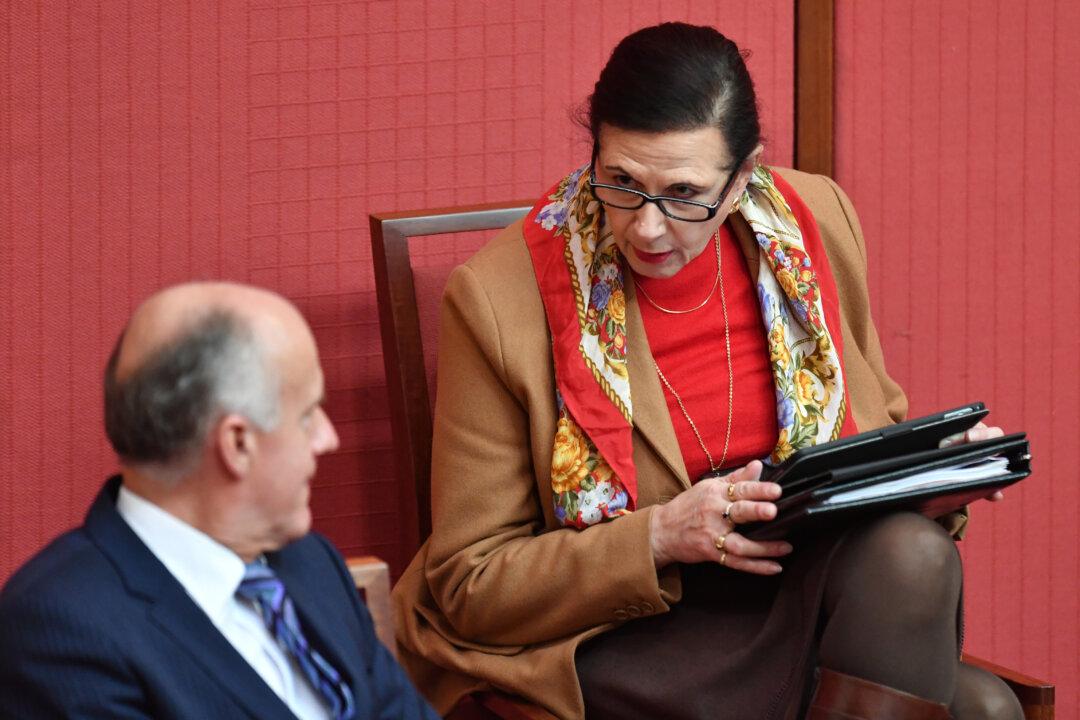A Liberal Senator has outlined details of her demands to the Chinese Communist Party (CCP) to pay Australia reparations for the economic damage caused by the outbreak of the CCP virus pandemic. Her plans include new tariffs on Chinese imports and potentially seizing assets owned by Chinese state-owned entities.
On June 16, Concetta Fierravanti-Wells outlined her “plan for reparations” in a speech to the Senate, saying: “No Australian has been left untouched by the negligent actions of the CCP. Therefore, it is just that China pays compensation.”





